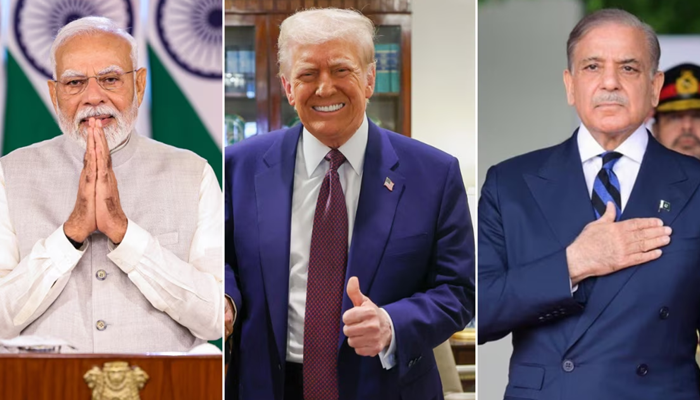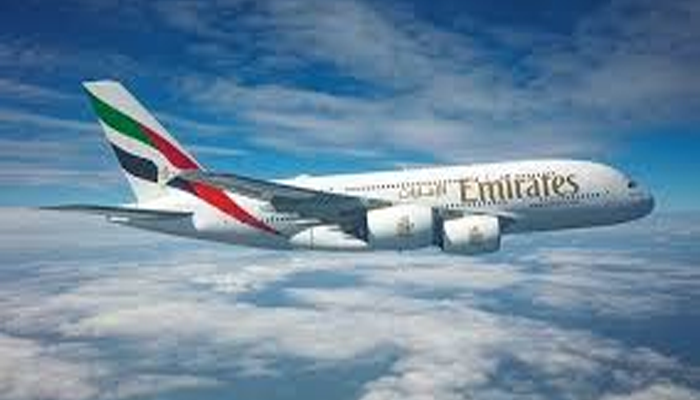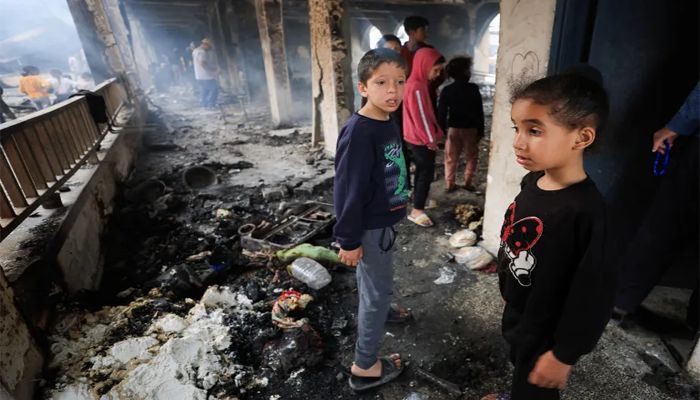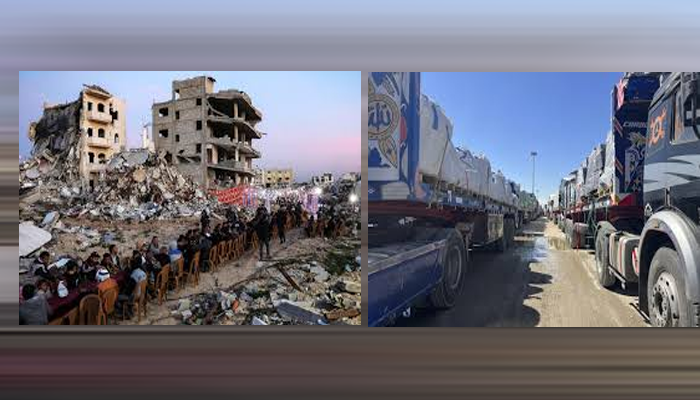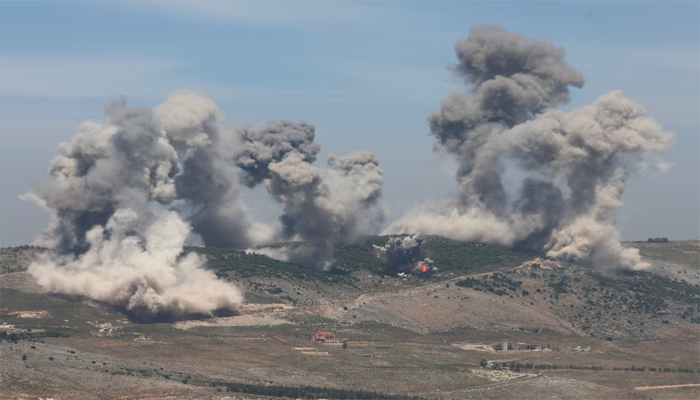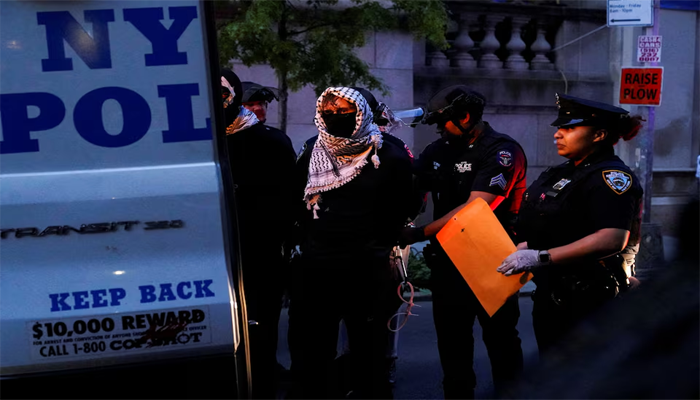ISLAMABAD: A day after announcing a ceasefire between Pakistan and India, U.S. President Donald Trump offered to mediate in the longstanding Kashmir dispute, marking a renewed push for peace between the two nuclear-armed neighbors.
Using his Truth Social platform, Trump expressed readiness to assist both countries in resolving the decades-old issue. “I will work with you, both to see if, after a 'thousand years,' a solution can be arrived at concerning Kashmir,” he wrote. He also claimed credit for helping facilitate the ceasefire, calling it a “historic and heroic decision” and pledged to increase trade with both nations.
Trump had offered mediation during his first term as well, but India had firmly rejected the proposal. While India’s response to the latest offer remains uncertain, Trump’s statement challenges New Delhi’s narrative portraying Kashmir as an internal matter, reaffirming its international dimension.
Pakistan welcomed Trump’s initiative, with the Foreign Office thanking the U.S. for its constructive role in brokering the ceasefire. “We appreciate President Trump's expressed willingness to support efforts aimed at the resolution of the Jammu and Kashmir dispute,” the statement read, emphasizing the need for a settlement aligned with UN Security Council resolutions and the right of Kashmiris to self-determination.
Prime Minister Shehbaz Sharif praised Trump’s “path-breaking leadership” and voiced confidence in renewed Pakistan-U.S. cooperation across multiple sectors, including trade and investment. “In President Trump, Pakistan has found a great partner who can reinvigorate our strategic partnership,” he stated on social media.
The ceasefire agreement followed a five-day military standoff that brought Pakistan and India close to full-scale war. U.S. Secretary of State Marco Rubio and Vice President JD Vance reportedly worked around the clock to broker the truce.
Rubio confirmed that, under the ceasefire terms, Pakistan and India would soon begin talks at a neutral venue, where issues like Kashmir and the Indus Waters Treaty would be top priorities. While Pakistan has confirmed its participation, India has yet to respond, and any agreement to engage in dialogue would signal a significant policy shift by New Delhi.

